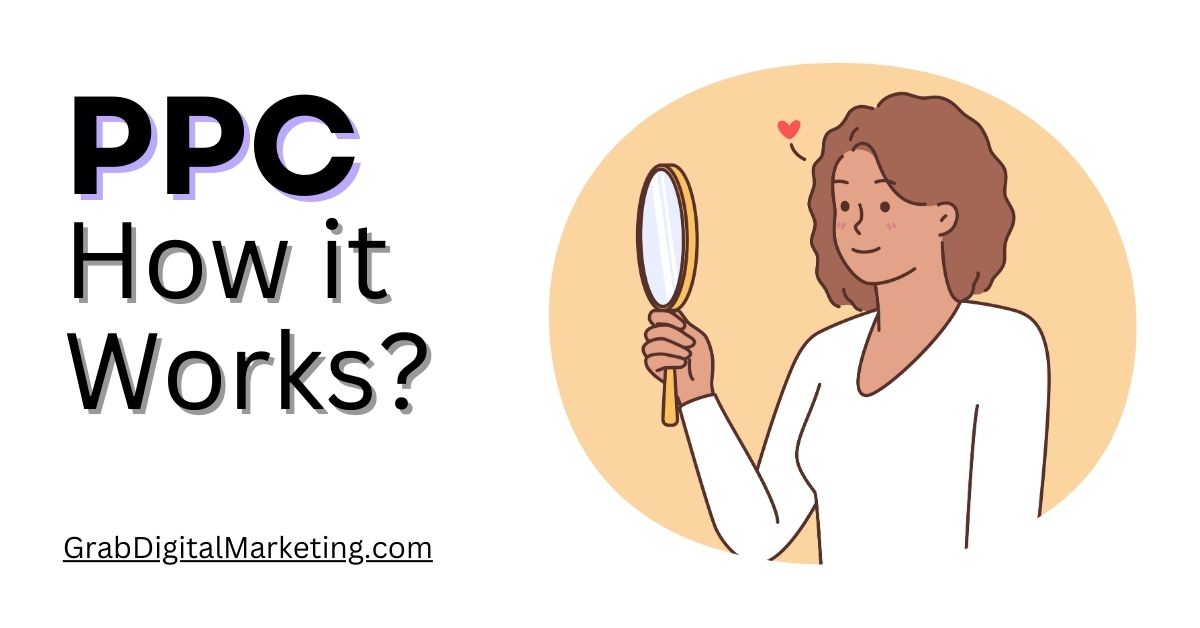How does PPC work?
Pay-Per-Click (PPC) advertising is a digital marketing model where advertisers pay a fee each time their ad is clicked. It primarily operates on search engines and social media platforms, allowing businesses to bid for ad placements based on relevant keywords. When a user searches for a term related to an advertiser’s product or service, the platform runs an auction to determine which ads appear.
Table of Contents
Understanding Pay-Per-Click (PPC)
Pay-Per-Click (PPC) is a popular online advertising model where advertisers pay a fee each time someone clicks on their ad. Instead of paying for the ad to simply be shown, you only pay when a user clicks and visits your website or landing page. This makes PPC a cost-effective way to attract targeted traffic because you only pay for real interest from potential customers. Google Ads is the most common platform for PPC, where advertisers bid on keywords relevant to their products or services. When someone searches using those keywords, the ads compete in an auction, and the highest-quality and most relevant ads are shown at the top or bottom of search results. Your ad’s placement depends on your bid amount and the quality score Google assigns to your ad, which considers relevance, expected click-through rate, and landing page experience.
How PPC Works
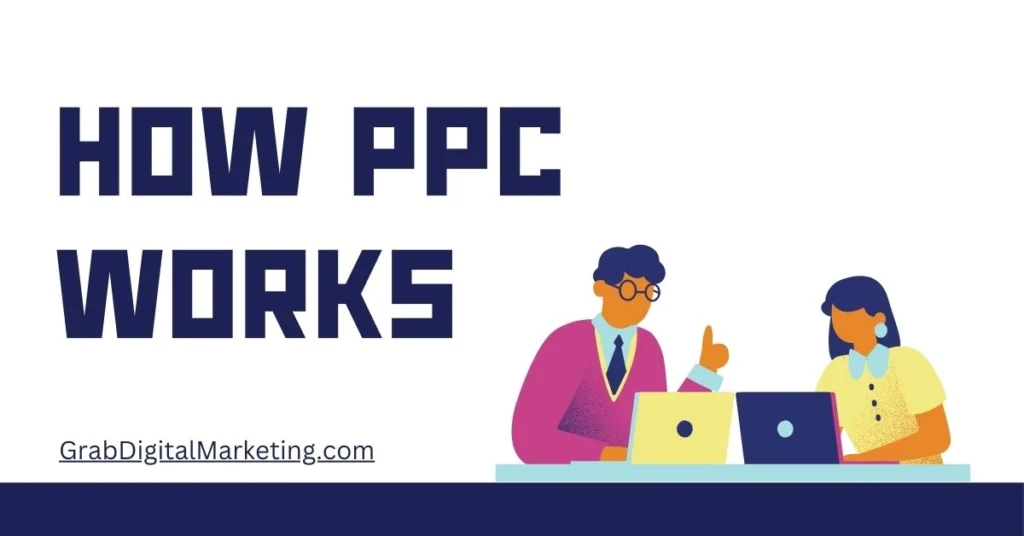
- Pay-Per-Click (PPC) in Google AdSense works as a way for website owners (publishers) to earn money by displaying ads on their sites. Advertisers bid to have their ads shown in these spaces. When a visitor to your website clicks on one of these ads, you earn money, which is called Cost-Per-Click (CPC).
- Here’s how it works in simple terms: You add ad code to your website, creating spaces where ads can appear. When someone visits your site, Google runs an instant auction among advertisers who want to show ads to your audience. The highest bidder doesn’t always win. Google also looks at the relevance and quality of each ad, ensuring the ads shown are useful for your visitors.
- You earn money every time a visitor clicks on an ad, and the amount you get depends on how much the advertiser is willing to pay for that click, which can vary widely. Google handles all the details—from matching the right ads to your site to providing reports and making sure you get paid.
Key Components of PPC Campaigns
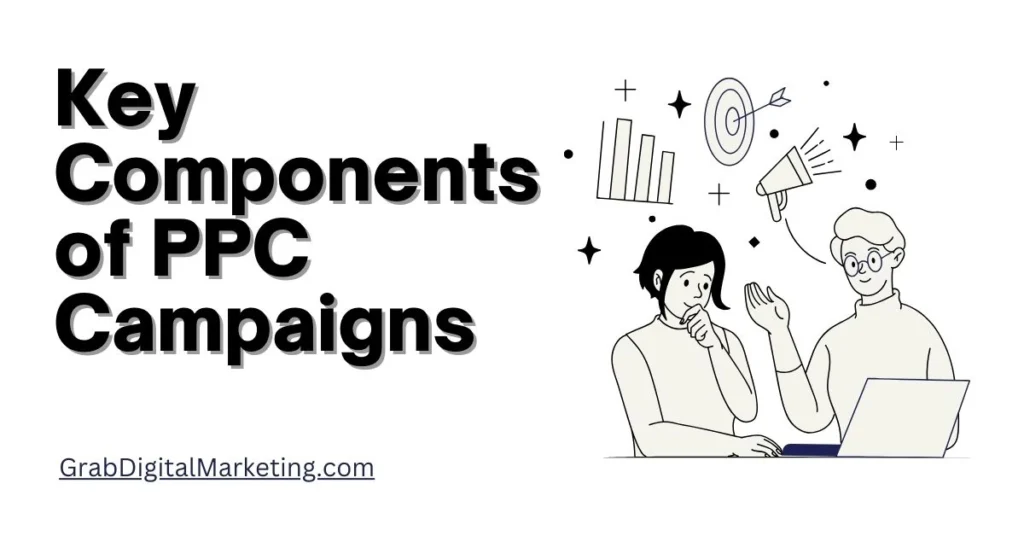
Key components of PPC campaigns for Google AdSense include several vital elements that work together to drive success and maximize return on investment:
- Keywords: Keywords are the foundation of your PPC campaign. Selecting the right keywords based on what potential customers are searching for is crucial. Keyword research helps identify terms that are relevant to your business and likely to attract high-quality traffic. Google uses these keywords to match your ads to relevant search queries.
- Ad Copy: Your ads need to have compelling, clear, and relevant text to catch the attention of users. This includes a headline, description, and call-to-action that align closely with the keywords you target. Effective ad copy makes users want to click your ads and engage with your content.
- Landing Pages: The page where visitors land after clicking your ad plays a major role in conversion. It should be relevant to the ad, user-friendly, and optimized for conversions. The better the experience and alignment with the ad promise, the higher your conversion rates and quality score.
- Budget and Bidding: You set a daily or total budget for your campaign and decide how much you’re willing to pay per click. The bidding strategy affects your ad placement and cost. Managing your budget wisely helps control spending while maximizing results.
- Targeting: PPC campaigns allow precise targeting based on location, devices, time, demographics, and audience interests. Narrowing your audience to those most likely to be interested helps improve relevance and efficiency.
Advantages of PPC
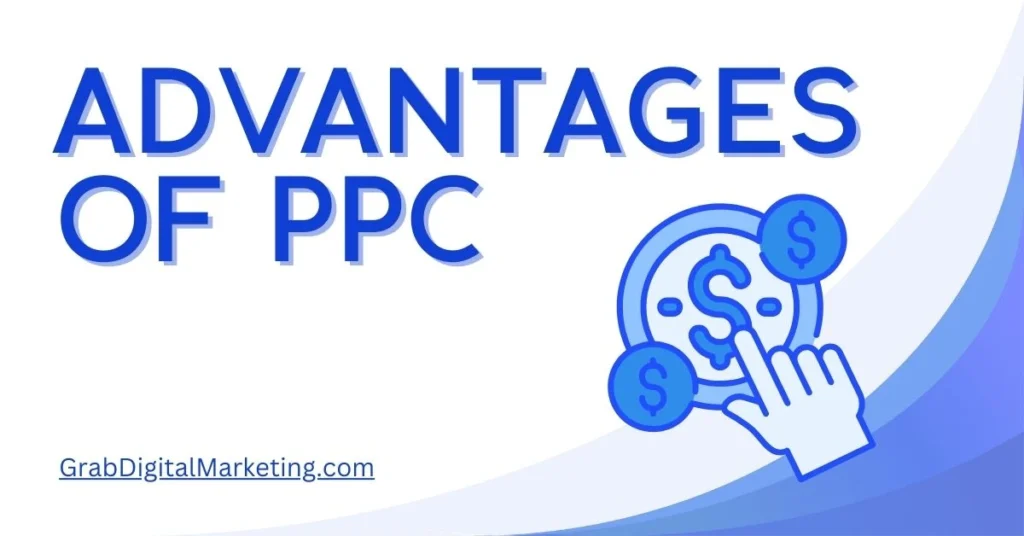
Here are some easy-to-understand paragraphs about the advantages of PPC (Pay-Per-Click) for Google AdSense:
- Pay-Per-Click (PPC) advertising offers many benefits for businesses and website owners using Google AdSense. One of the biggest advantages is cost-effectiveness—you only pay when someone clicks on your ad, not just when it is shown. This means your advertising budget is spent on real interested visitors, making PPC a smart choice for maximizing your return on investment.
- Another great benefit is immediate visibility. Unlike traditional advertising or SEO, which can take time to show results, PPC ads give your website quick exposure on search engines like Google. Your ads can appear at the top of search results right after you launch your campaign, helping you attract traffic fast.
- PPC campaigns are highly targeted, allowing you to choose who sees your ads based on location, device, language, interests, and more. This precise targeting ensures your ads reach people most likely to be interested in your products or services, improving your chances of conversion.
- Flexibility is also a key advantage. With PPC, you can easily adjust your ads, keywords, and budgets in real time based on performance data. This means you can test what works, pause or tweak ads that don’t perform well, and optimize continuously to get the best results.
PPC Strategies for Success
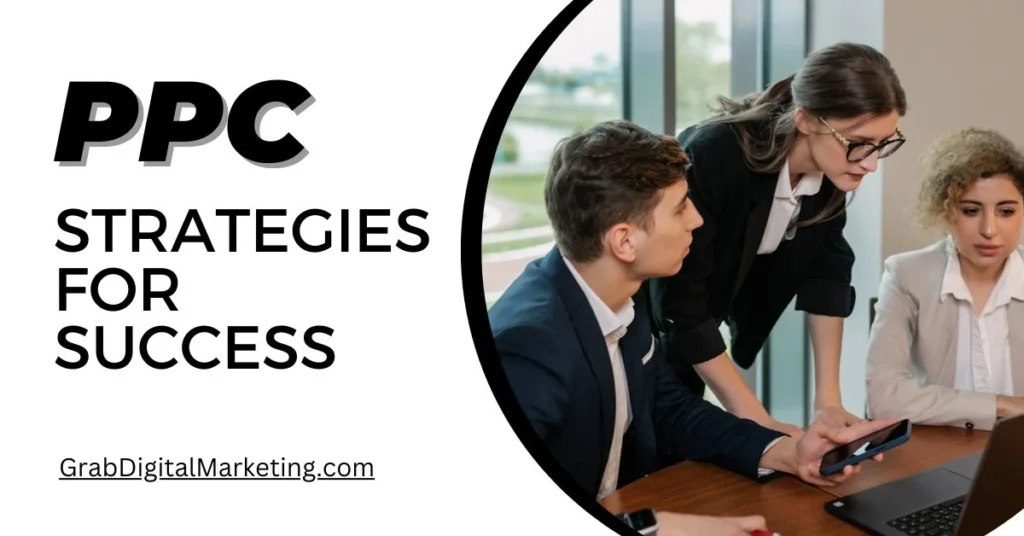
Here are some simple paragraphs explaining PPC Strategies for Success for Google AdSense:
- To succeed with PPC in Google AdSense, it’s important to start with a clear strategy. One key approach is to choose the right keywords—these should be relevant to your content and what your audience is searching for. Using a mix of broad, phrase, and exact match keywords helps you reach a wide audience but also stay focused on high-value traffic.
- Another important strategy is to write compelling ad copy that speaks directly to your audience’s needs and encourages them to click. Clear calls-to-action like “Buy Now,” “Learn More,” or “Get a Free Trial” can improve your click rates and engagement.
- You should also optimize your landing pages to match the ad content. If visitors click an ad about a specific product, the page they land on should show exactly that product with easy navigation and clear purchase options. This creates a smooth user experience and increases conversions.
Conclusion
Pay-per-click (PPC) advertising is a powerful and versatile digital marketing tool that can drive immediate results, targeted traffic, and measurable ROI. By understanding how PPC works and implementing effective strategies, businesses can maximize the benefits of this advertising model and achieve their marketing goals.Phew! That’s quite the deep dive into the world of PPC advertising. Remember, while PPC can be incredibly effective, it requires careful planning, continuous monitoring, and optimization to achieve the best results.

